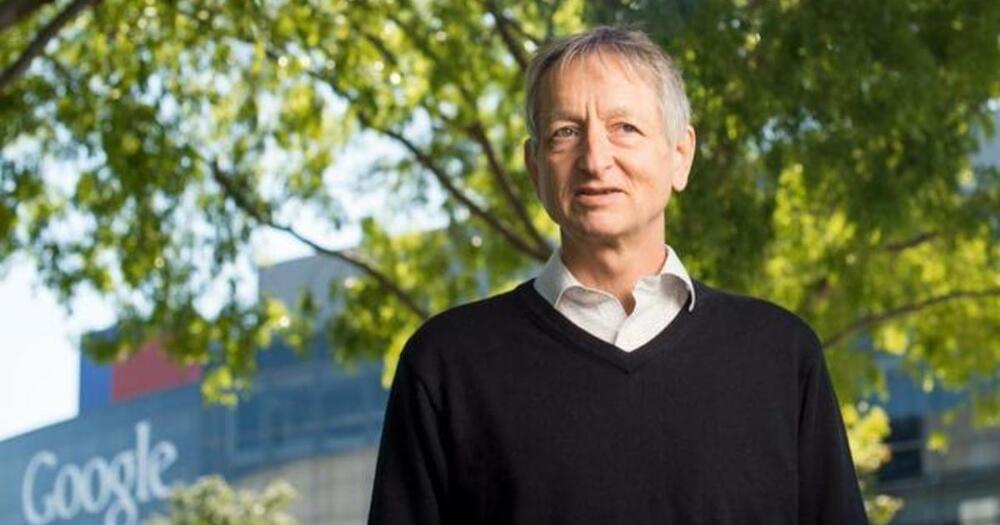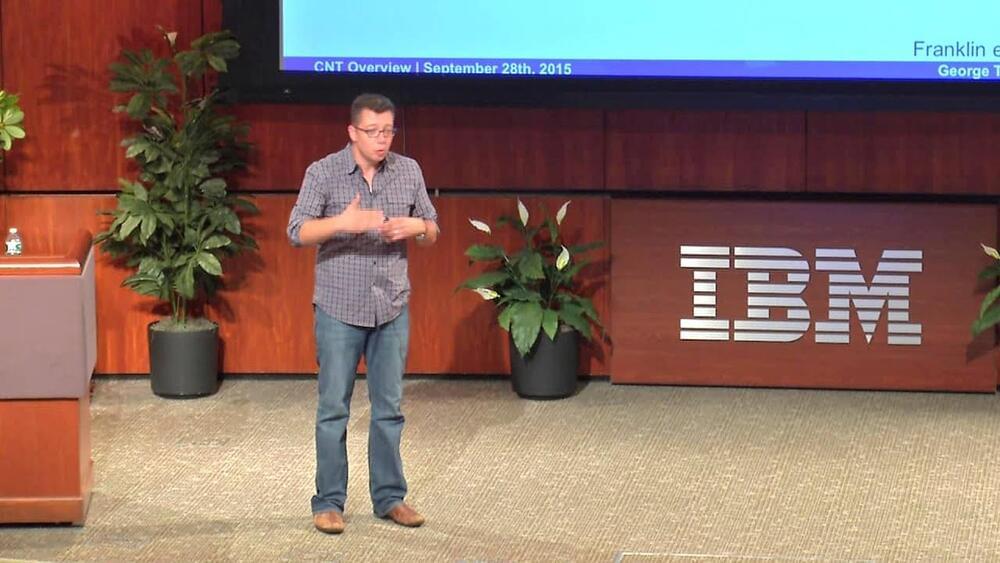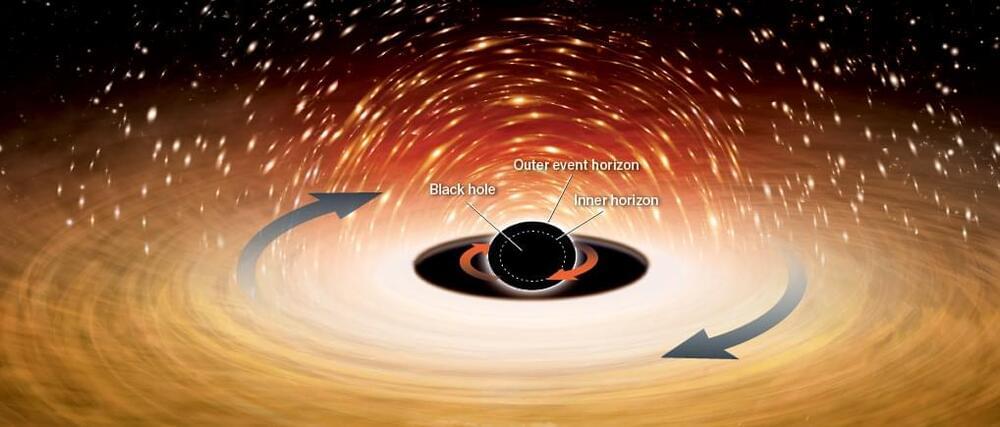🔥 Explore Advanced Certification In UI UX Design by Simplilearn: https://www.simplilearn.com/ui-ux-certification-training-cou…ce=youtube.
🔥 Explore Artificial Intelligence Engineer (Discount Coupon:
YTBE15): https://www.simplilearn.com/masters-in-artificial-intelligen…ce=youtube.
In this video, “Top 10 AI Tools for Designers 2023,” we will learn about the top 10 AI tools and their features, pros, and cons. Also, we will cover the Best AI tools for Designers as per the features and pricing. Finally, we will pick the best among the top 10 AI tools.
Below are the topics we will discuss in this “AI Tools for Designers“
00:00 AI Tools for Designers.
01:46 Sketch2Code.
03:16 UiZard.
05:16 DEsign.ai.
07:09 Fronty.
09:12 Color.adobe.
11:22 Lets Enhance.
13:50 Picksart.
15:35 Runway ML
🔥 What is Artificial Intelligence?
- Artificial Intelligence is becoming increasingly necessary in the design industry, offering new and innovative tools for designers to use. Although AI tools can enhance designers’ efficiency, creativity, and productivity, it’s important to remember that human touch and creativity remain essential elements in design.
⏩As we have discussed, there are 10 AI Tools, but PicsArt is a popular photo editing tool that stands out from other tools in several ways. One key advantage of PicsArt is the wide range of features it offers. The app includes advanced photo editing tools, filters, text, stickers, frames, and collage makers, providing users various creative options.
Another advantage of PicsArt is its user-friendly interface, which is easy to navigate even for beginners. The app also provides tutorials and tips to help users understand and utilize its various features and tools.
🔥 Enroll for Free Courses by Simplilearn: https://www.simplilearn.com/learn-ai-basics-skillup?utm_camp…e=youtube.








